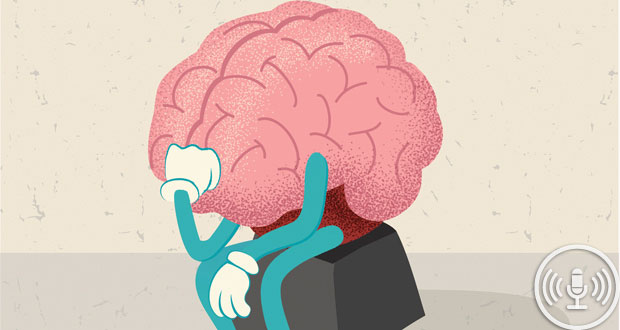Are smartphones making our brains lazy? It’s a common concern about the devices and their handy memory tools but Australian researchers say these applications are more helpful than harmful.
Writing in The Conversation, Dr Dana Wong, senior lecturer in clinical neuropsychology at Monash University, said smartphone apps allow people to outsource remembering appointments or upcoming tasks. “It’s a common worry that using technology in this way makes our brain’s memory capacity worse, but the reality is not that simple,” Wong said. “In fact, these platforms can be useful, not only for people with memory impairments, but also the general population.”
The researchers explored the potential of smartphones as memory aids, such as calendars, alarms, contacts lists and reminder text messages, by surveying people who have and have not experienced traumatic brain injury and stroke. They discovered that memory apps can be helpful for people with brain injuries and that using these tools did not affect the memory ability of those without.
Wong said such apps can free people’s minds to focus on other things, without using up mental resources worrying about what needs to be remembered.
Nursing Review spoke with Wong to find out more about her debunking of the myth that memory aids make brains lazy.
Do you have an idea for a story?Email [email protected]
 Aged Care Insite Australia's number one aged care news source
Aged Care Insite Australia's number one aged care news source

